Editor's note: As the year comes to a close, InnovationMap is looking back at the year's top stories in Houston innovation. This past year, InnovationMap featured profiles on dozens of these Houston startups — from health tech to startups fostering community. Here are five Houston startup features that stood out to readers this year — be sure to click through to read the full story.
Houston immuno-oncology company reaches next FDA milestone, heads to phase 2 trial

A Houston company with a promising immuno-oncology is one step closer to delivering its cancer-fighting drug to patients who need it. Photo via Getty Images
A Houston immuno-oncology company has recently made major headway with the FDA, including both a fast track and an orphan drug designation. It will soon start a phase 2 trial of its promising cancer fighting innovation.
Diakonos Oncology was born in 2016, the brainchild of Baylor researchers already hard at work in the realm of dendritic cell vaccines. Drs. Will Decker, Matt Halpert, and Vanaja Konduri partnered with Dan Faust, a Houston businessman and pharmacist, to bring their treatment to the public, says COO Jay Hartenbach.
The name Diakonos means “deacon or servant in Greek,” he explains. “A lot of companies end up focusing on treating a specific disease or cancer and what you end up having is a significant amount of potential but with a lot of tradeoffs and downsides. And so our goal is we need to eliminate the cancer but we can't harm or dramatically malign the patient in doing so.” Continue reading.
Houston founder taps into AI tech to create game-changing healthy eating platform

A Better Meal — a new app from a Houston founder — gives you all the tools you need to make healthier food choices. Photo via abettermeal.com
After many years of living to eat, a large swath of American society is now facilitating a seismic shift to the healthier alternative, eating to live.
But here’s the rub: eating healthy is confusing, time consuming and, unfortunately, oftentimes pricey.
So, anyone that can come in and cut through the healthy eating machine can carve out a necessary niche in the marketplace.
Enter Houstonian Mark Semmelbeck, founder and CEO of A Better Meal, a platform created to help busy families plan healthy meals easier and to make gradual improvements to their health and well-being.
“My vision is to use rapidly expanding AI technology together with the knowledge and wisdom of an active community to take the stress out of meal planning and improving nutrition,” says Semmelbeck, a seasoned oil and gas executive with over 30 years of experience in founding companies. “While developing the technology for the app, my daughter gave me two beautiful grandkids who both have significant food allergies. Combine that with the fact I now have five cardiac stents and the significance of eating well while paying attention to the details has only grown in importance.” Continue reading.
Hardtech startup moves into Houston area with new Conroe facility, eyes tests in space

FluxWorks, a hardtech startup, opened its new home-base in Conroe, Texas. Photo courtesy FluxWorks
FluxWorks, a hardtech startup, recently opened its new base of operations in Workhub Developments’ Conroe location.
Founded in College Station by CEO Bryton Praslicka, FluxWorks specializes in making contactless magnetic gears for use in extreme conditions. At 9,000 square feet, the new Conroe facility is a result of discussions with Governor Greg Abbott's office and the Greater Houston Partnership, who introduced the company’s leadership to the Conroe Economic Development Council, encouraging their move, Praslicka tells InnovationMap.
“The pieces of the puzzle were all there, and with the support of the local, state, and federal government, we were thrilled to move to Conroe,” Paslicka says. Continue reading.
Houston startup secures IBM partnership for AI-backed consumer tech

IBM and Boxes recently partnered to integrate the IBM watsonx Assistant into Boxes devices, providing a way for consumer packaged brands to find out more than ever about what its customers like and want. Photo courtesy of Boxes
With the help of a new conversational artificial intelligence platform, a Houston startup is ready to let brands get up close and personal with consumers while minimizing waste.
IBM and Boxes recently partnered to integrate the IBM watsonx Assistant into Boxes devices, providing a way for consumer packaged brands to find out more than ever about what its customers like and want.
The Boxes device, about the size of a 40-inch television screen, dispenses products to consumers in a modern and sustainable spin on the old-fashioned large vending machine.
CEO Fernando Machin Gojdycz learned that business from his entrepreneur father, Carlos Daniel Machin, while growing up in Uruguay.
“That’s where my passion comes from — him,” Gojdycz says of his father. In 2016, Gojdycz founded Boxes in Uruguay with some engineer friends. Continue reading.
Houston founder aims to help find your purpose, make strategic connections over a cup of coffee

Cup of Joey has expanded across Houston to help make valuable connections to Houston entrepreneurs. Photo courtesy of Cup of Joey
What is your purpose in life? One Houstonian is asking that question of his fellow entrepreneurs all across town.
Joey Sanchez founded Cup of Joey, a weekly meetup opportunity for innovators, business leaders, and the whole Houston community. The events are a place not only to share a cup of coffee but also their very own mission in life.
It all started in 2021 at the Houston Tech Rodeo, an initiative from Houston Exponential, where Sanchez worked as a director of corporate engagement. Texas had just opened social distancing in public events since the beginning of the COVID-19 pandemic, and Sanchez was finding ways to reconnect the Houston community.
‘We thought what better way than over a cup of coffee?” Since then, Sanchez has connected thousands of people based on purpose every Friday for the past three and a half years. Continue reading.

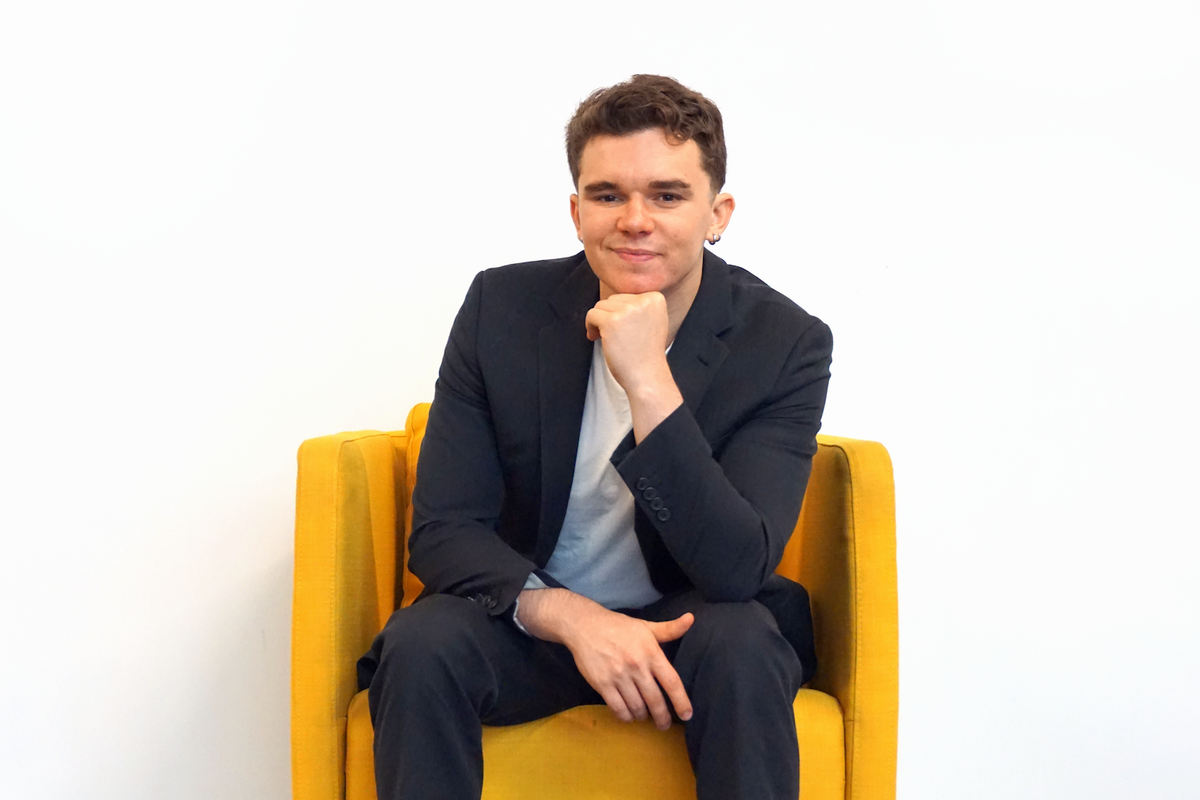


 Cup of Joey events ask attendees about their purpose in life. Photo courtesy of Cup of Joey
Cup of Joey events ask attendees about their purpose in life. Photo courtesy of Cup of Joey Joey Sanchez won Ecosystem Builder at the Houston Innovation Awards last year. Photo by Emily Jaschke/InnovationMap
Joey Sanchez won Ecosystem Builder at the Houston Innovation Awards last year. Photo by Emily Jaschke/InnovationMap
 Cup of Joey has expanded across Houston. Photo courtesy of Cup of Joey
Cup of Joey has expanded across Houston. Photo courtesy of Cup of Joey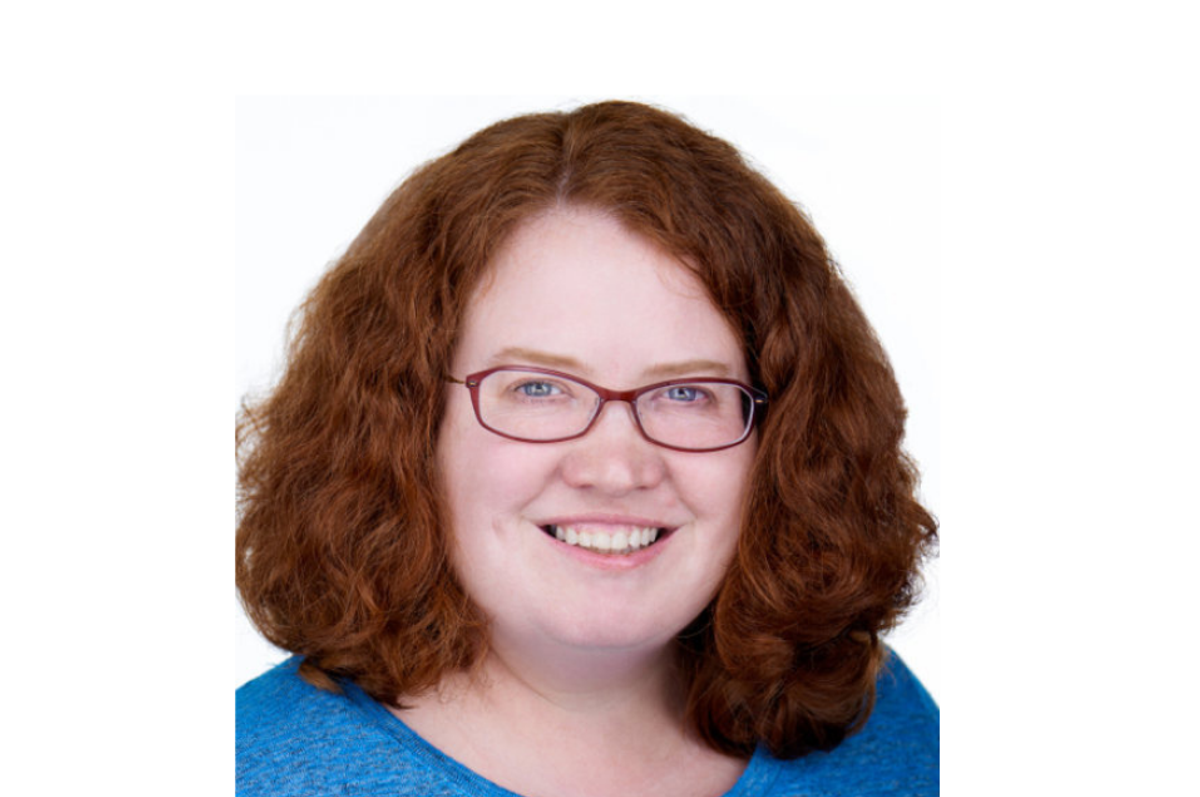 Houston data scientist joins medical device startup amid AI evolution in the sectorAngela Wilkins joins the Houston Innovators Podcast to discuss the intersection of data and health care. Photo courtesy
Houston data scientist joins medical device startup amid AI evolution in the sectorAngela Wilkins joins the Houston Innovators Podcast to discuss the intersection of data and health care. Photo courtesy
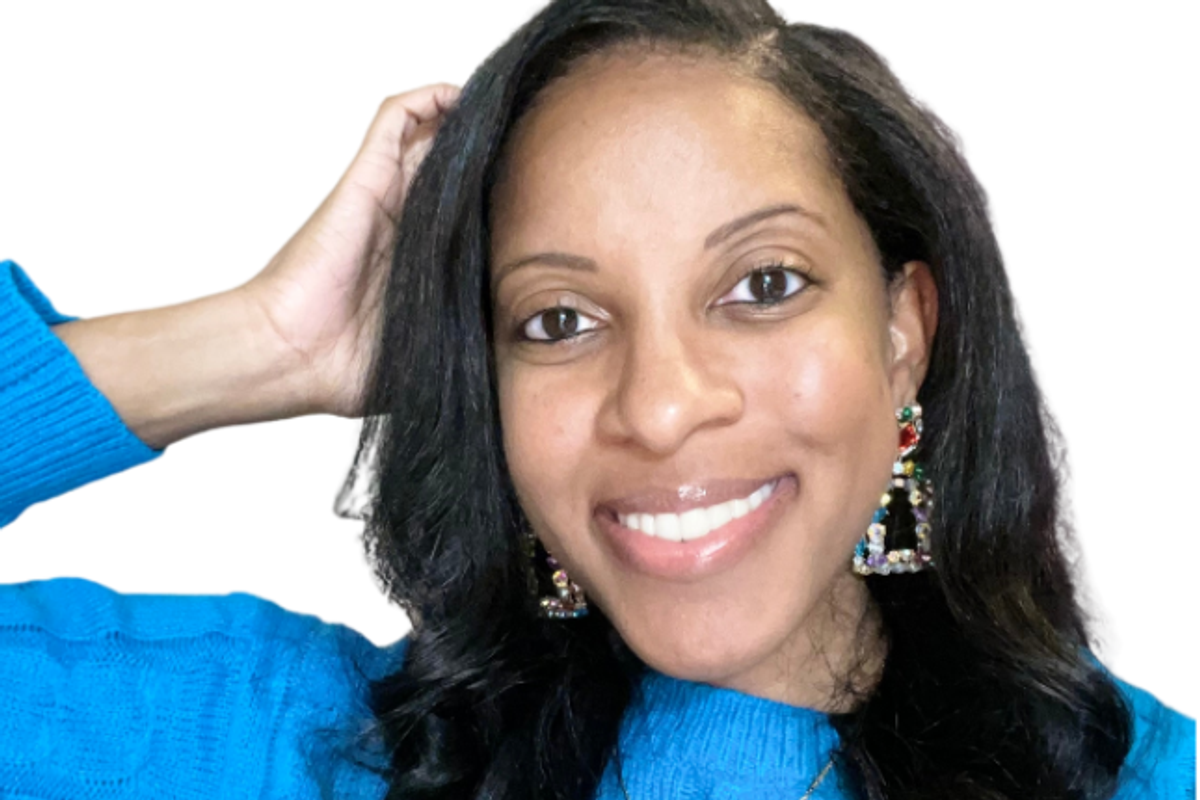
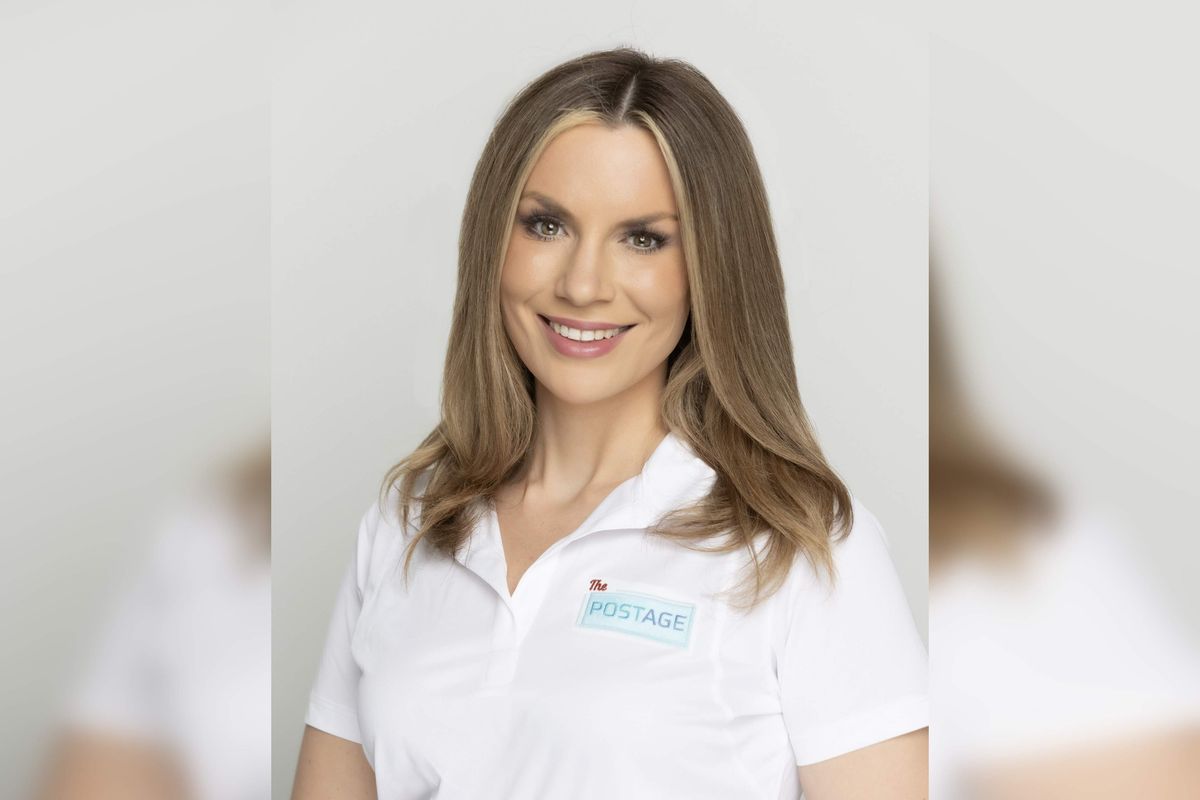

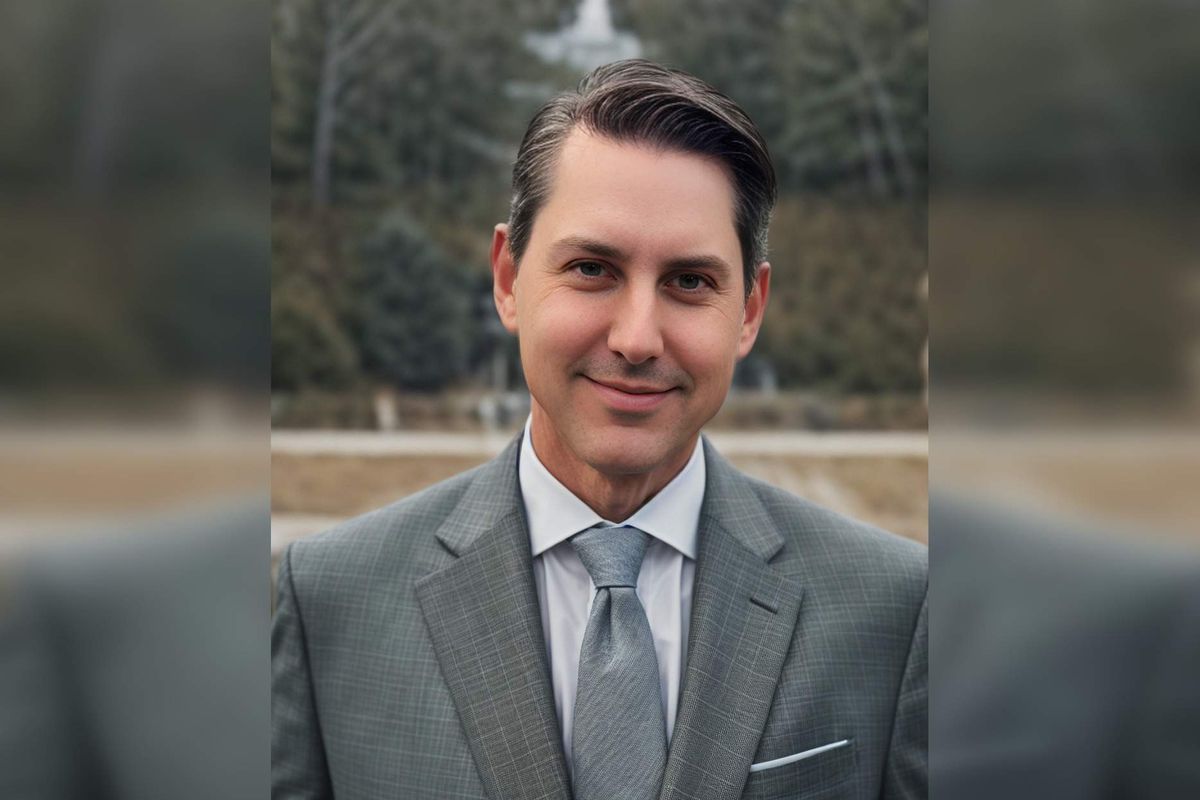
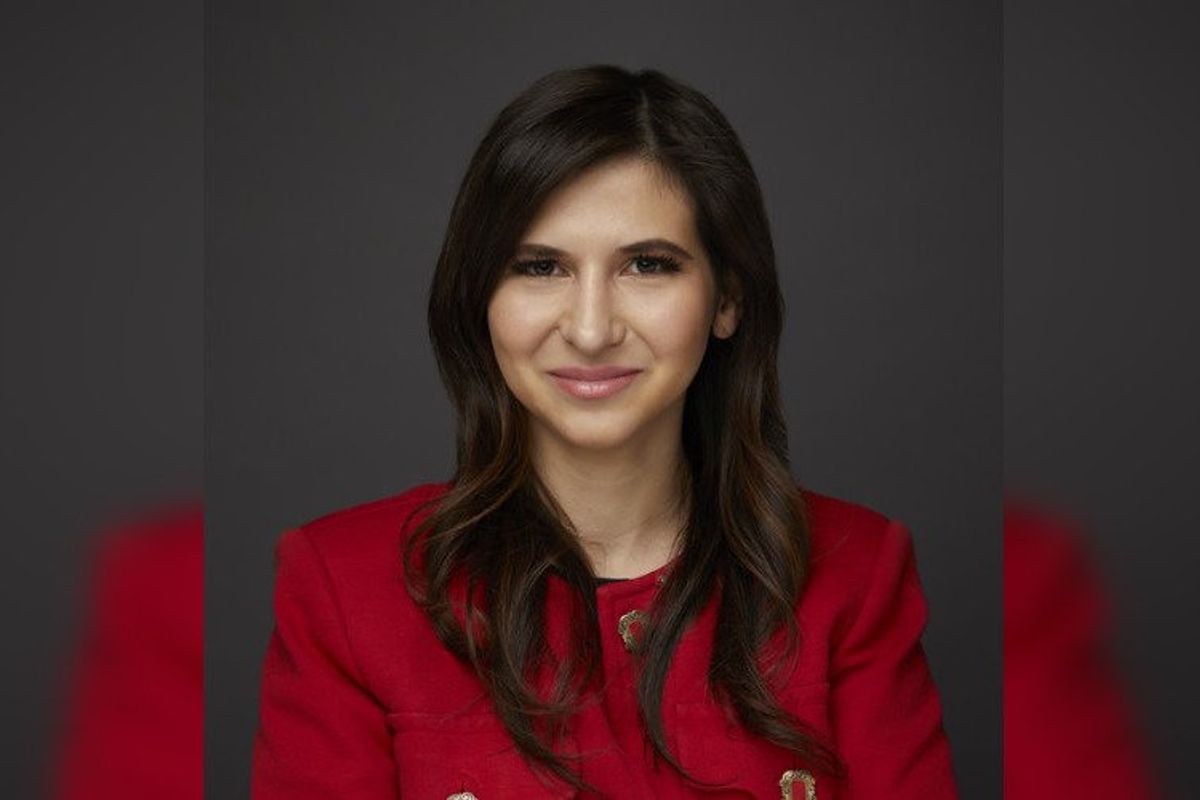
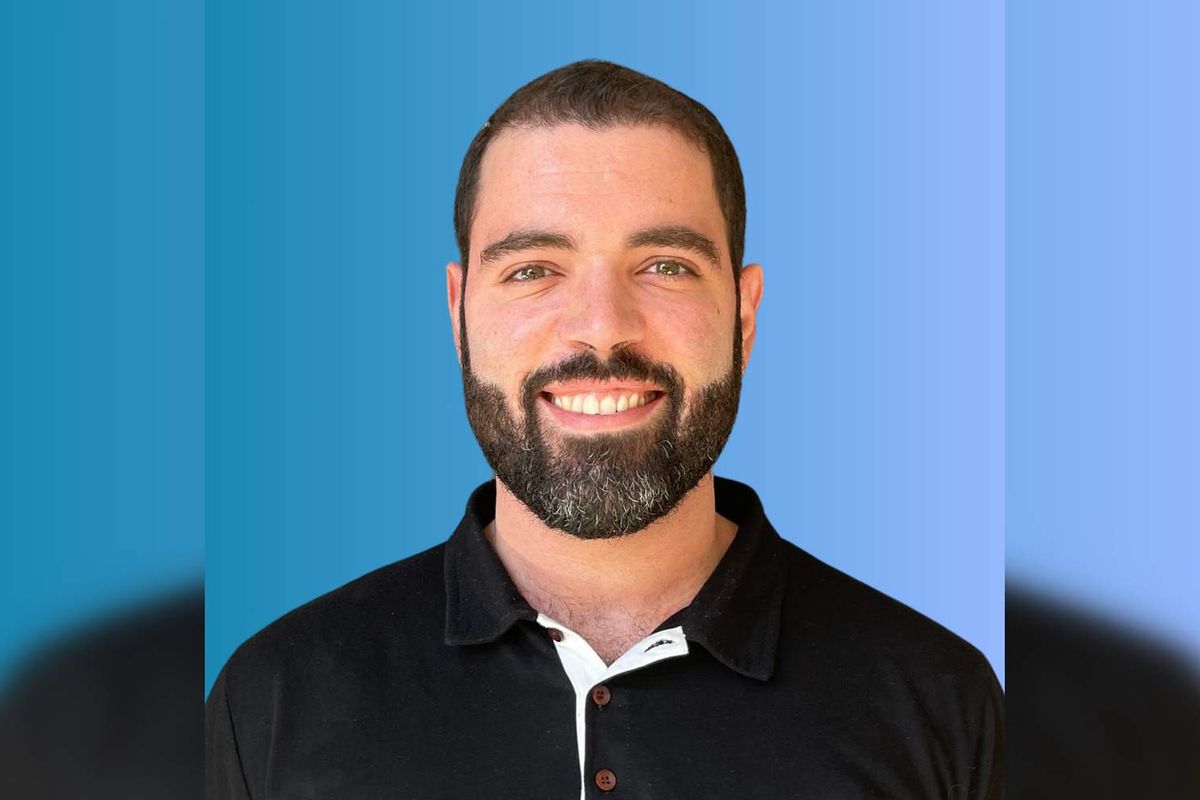

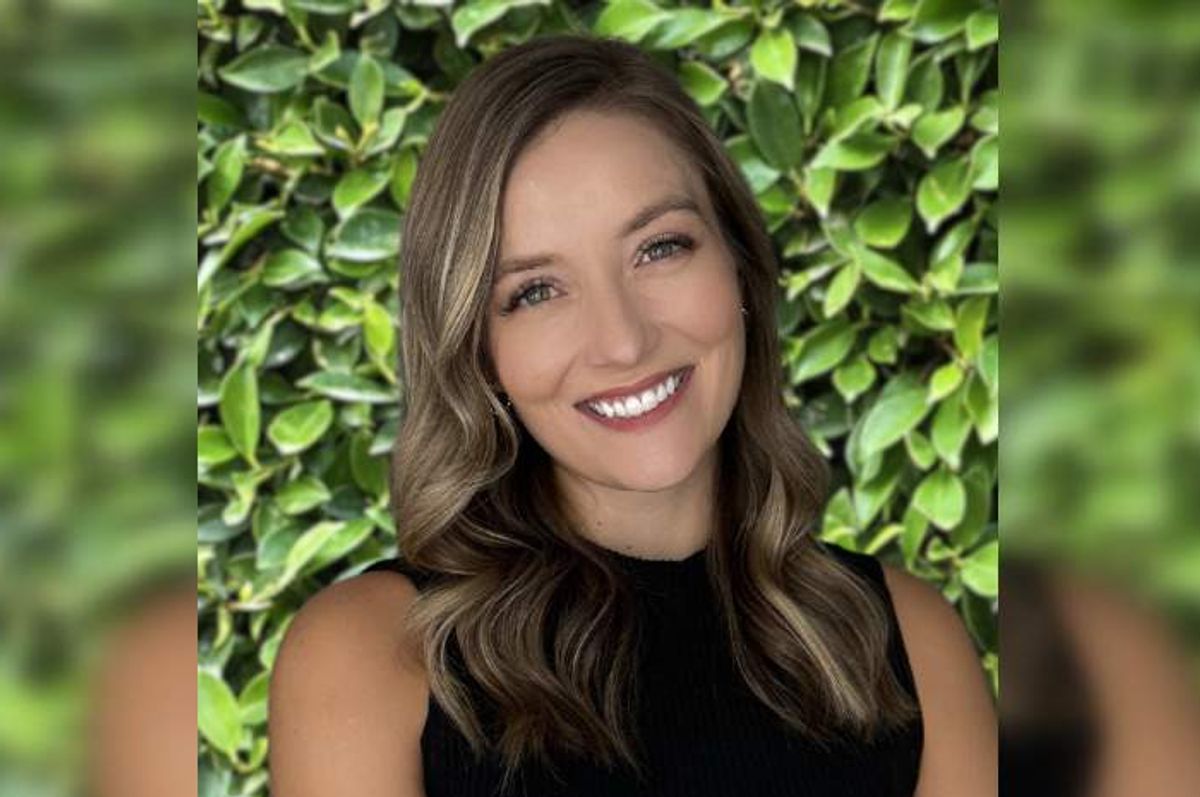

 Apple doubles down on Houston with new production facility, training centerPhoto courtesy Apple.
Apple doubles down on Houston with new production facility, training centerPhoto courtesy Apple.

